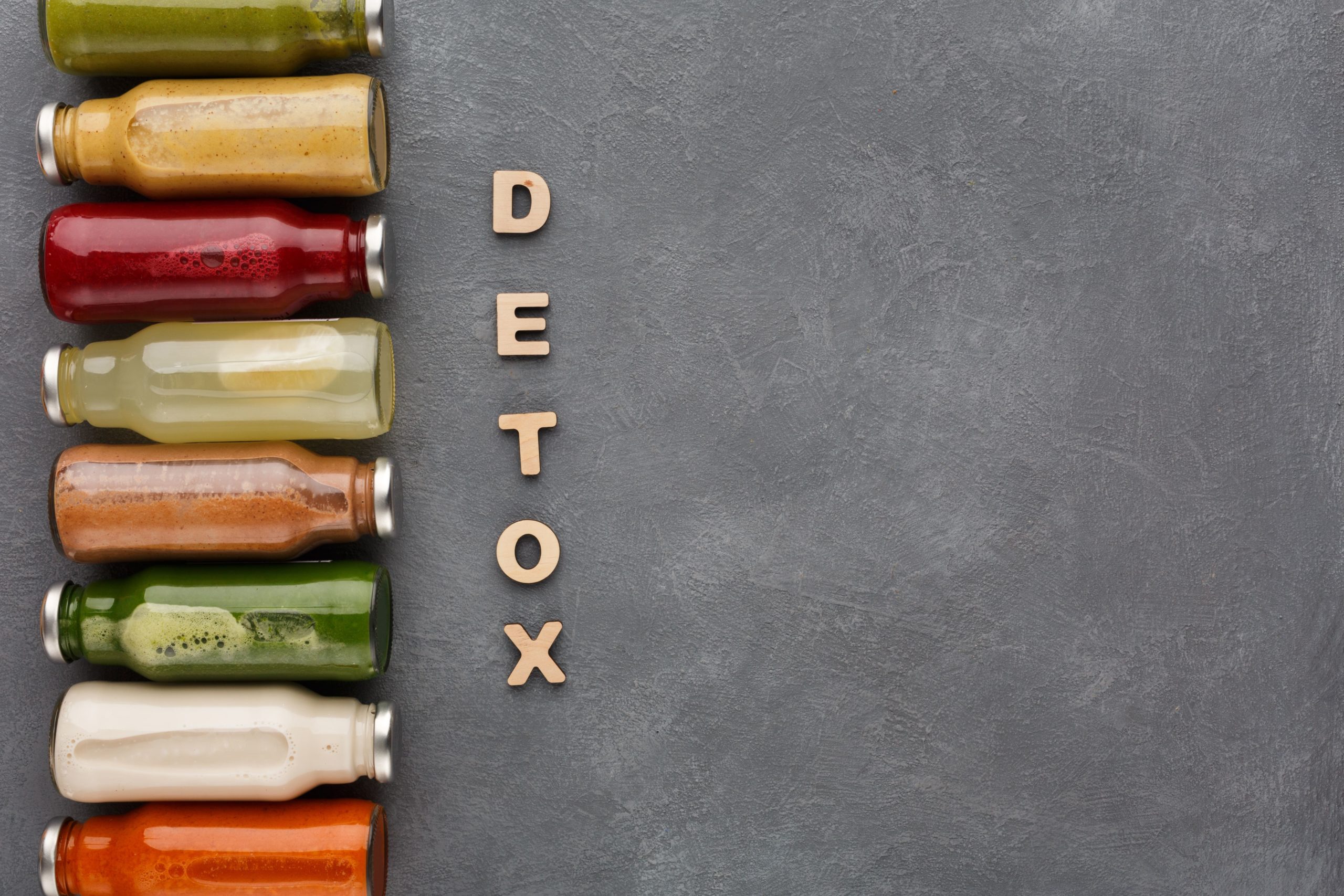The first step in recovery from addiction is completing detox. Detox is the process where the individual is medically supervised after they stop using drugs and alcohol to help manage their withdrawal symptoms. For some people, a short-term detox can be beneficial compared to a long-term inpatient treatment program.
What Is Short-Term Detox?
Short-term detox is a clinical treatment plan that helps individuals discontinue their substance misuse. The detox duration can range from about a week to two weeks, depending on the misused substances, period of use, the amount taken, and other such factors.
Benefits of Short-Term Detox
A Good Starting Point
Waiting until you hit rock bottom when you know you want and need help for your substance use disorder (SUD) is never a good idea. Instead, you can begin short-term detox at any point when you believe you are misusing substances and want to address the problem before it worsens.
Addresses Time Constraints
Not everyone has the luxury of being able to commit to a long-term treatment program. They may have family obligations, a job, or other commitments. Since detox usually takes a week to two weeks, it allows the individual to lay the foundation for recovery before returning home.
Medically-Supervised Detox
You have access to 24-hour medical care and treatment from caring healthcare professionals. You also have access to clinical staff, such as psychiatrists, therapists, and counselors, who can help you address any difficulties, any co-occurring disorders, and determine what your next steps should be.
Distraction-Free Detox
Your detox is completed onsite at the detox treatment facility, away from outside distractions. As a result, you do not have to worry about emotional stressors, being around people who misuse substances, or having to keep up with your responsibilities. Instead, you are free to focus entirely on your detox and planning your next steps in the recovery process.
One-on-One and Group Therapy
Part of your short-term detox treatment will include individual counseling and group therapy sessions. These sessions can help you start to determine what led to your addiction. You can also gain insight into other people’s struggles with addiction as they share their stories during group sessions. As a result, you can begin to realize the benefits of individual counseling and peer support.
Access to Facility Amenities
When you complete short-term detox at an addiction treatment facility, you have access to the same amenities as other people in treatment. The range of amenities can vary based on the facility and include games, quiet rooms, meditation, yoga, basketball, and more.
Access to Exercise Equipment
Another essential part of recovery is taking care of yourself and your body. During detox, you can participate in exercise classes or use exercise equipment available at the facility. If you have never exercised regularly before, onsite personal trainers are available who can help you develop a daily exercise routine.
Access to Well-Balanced and Healthy Meals
Healing is another crucial component of recovering from a SUD. While in detox, you will have access to meals prepared by nutritionists, professional chefs, and other culinary experts. You also get to meet with a nutritionist who can help you create a daily meal plan you can use once you return home.
Aftercare Treatment Planning
You will have the opportunity to decide what type of aftercare treatment is best for your needs. For example, you could continue with an outpatient program, continue seeing a psychiatrist, or go to 12-Step meetings. Essentially, you decide what treatment options will benefit your recovery the most.
Short-Term vs. Long-Term Detox
The key difference between short-term and long-term detox is the time you are in a treatment program. Both treatment options begin with medically supervised detox that lasts between a week and two weeks.
With short-term detox, you decide your next steps in the recovery process. Whereas, with long-term detox, you usually commit to continuing rehab for 90 days or longer through inpatient or outpatient treatment programs.
However, not everyone is suited for short-term detox. People with a long history of substance misuse or those who have tried short-term treatment in the past only to relapse will often be more successful when they complete a long-term treatment program.
The Importance of Aftercare Planning
Whether you decide short-term or long-term detox is best for you, you still need to have a plan in place before returning home. Having a solid aftercare plan further strengthens the treatment and recovery foundation you have started to build.
For example, transitioning to a sober living facility could be a good choice if your home environment is unstable and unsupportive. Aftercare planning allows you to decide what sort of support you will need to help maintain your new-found sobriety.
Short-Term Detox in Columbus, OH
If you are ready to get help overcoming your substance misuse, Ohio Addiction Recovery Center in Columbus, OH, is here to help. We offer a wide range of customizable detox and addiction recovery treatment options. For further information to start your detox treatment, contact us today to speak with one of our detox and addiction treatment specialists.






